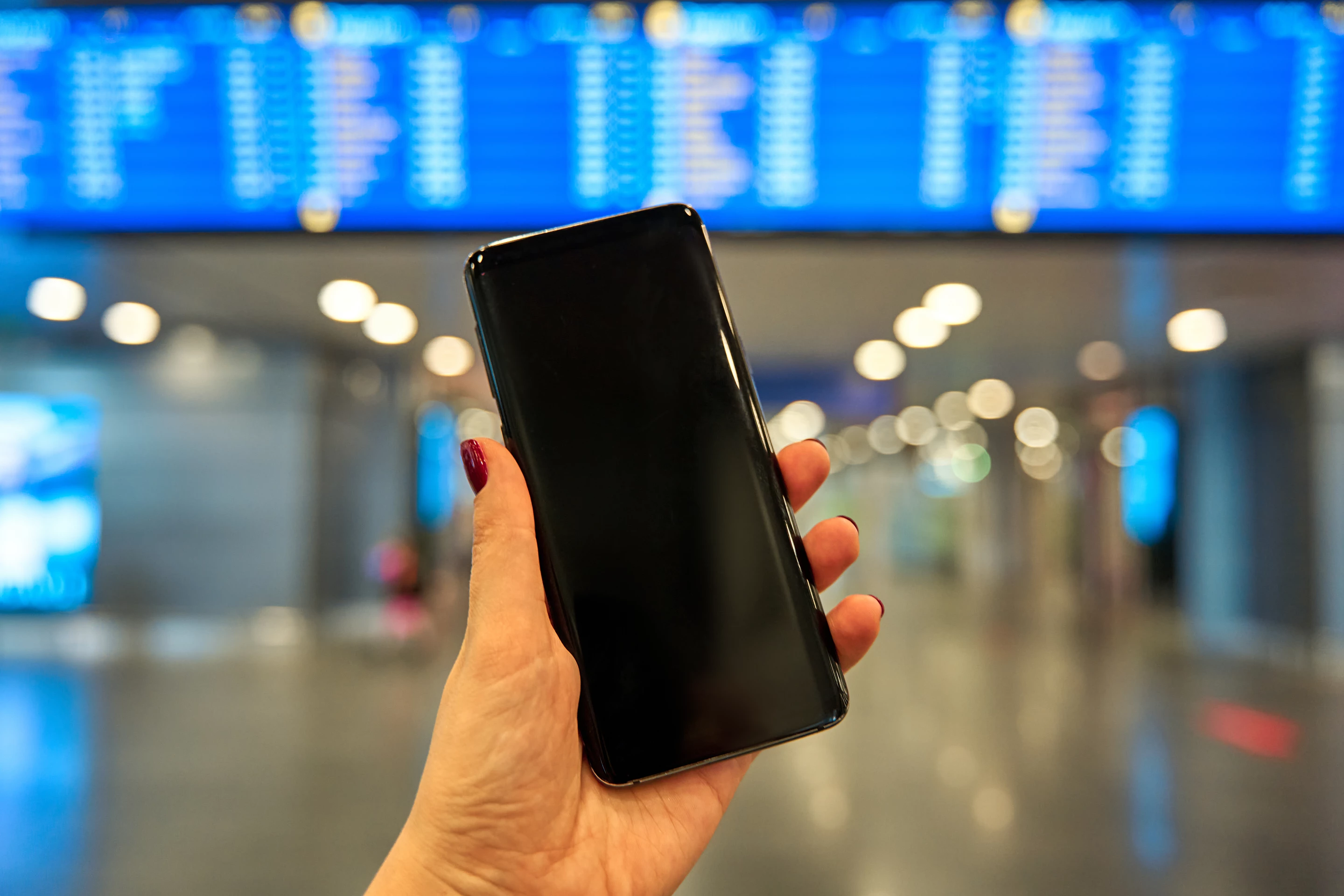Finland may be known as the happiest country on the planet. But right now, if any residents want to leave their paradise to travel to certain parts of the UK, they can ditch their paper passport and use a smartphone instead.
In a world first, Finnish travelers leaving from Helsinki Airport and heading to Manchester, London or Edinburgh on national carrier Finnair will only have to have their Digital Travel Credentials (DTCs) checked at the border.
It’s hoped that this pilot (ahem) program will be the beginning of the end for international travel requiring physical passports. The trial, which is running until the end of February 2024, aims to make the cumbersome process of border security checks a much simpler and faster part of air travel.
“The DTC pilot project will allow passengers on Finnair flights to London, Edinburgh and Manchester to pass through border control without queuing faster and smoother than usual,” said a spokesperson from Finish Border Guard. “The pilot project will test the DTC in a real border control environment, reportedly for the first time in the world. The DTC is a digital version of a physical passport and is equally reliable. It allows smooth and fast border crossings without compromising security.”
Adhering to standards of the International Civil Aviation Organization (ICAO), which is also working on a global framework for digital passports, the program requires Finnish travelers to download an app (FIN DTC Pilot), register with the Vantaa Main Police Office, have a passport photo retaken and send other data to the Finnish Border Guard up to 36 hours before departure.
Then, at the airport, facial recognition technology will verify identity, which authorities believe will speed up airport processing by more than 30%.
It’s estimated that hundreds of thousands of people lose or damage their passports while traveling and need emergency travel documents issued. While inconvenient and stressful, it’s also expensive; in one year, it cost British tourists abroad £5 million (US$6.2 million) to have temporary documents issued.
While a digital version has obvious downsides, such as a device required to store the DTC, it could also remove some of the stress that comes from needing to guard a passport. With many visas and other travel documentation having moved to digital in recent years, it seems a logical next step.
Croatia will join this project, rolling out DTC travel for residents leaving from Zagreb International Airport later this year.
A similar initiative, the Known Traveller Digital Identity program, was set up between the Netherlands and Canada, using blockchain technology. However, it was grounded when the pandemic hit and has not been revived.
The European Union hopes 80% of air travelers will be using DTCs to country-hop by 2030.
Source: Finnish Border Guard





